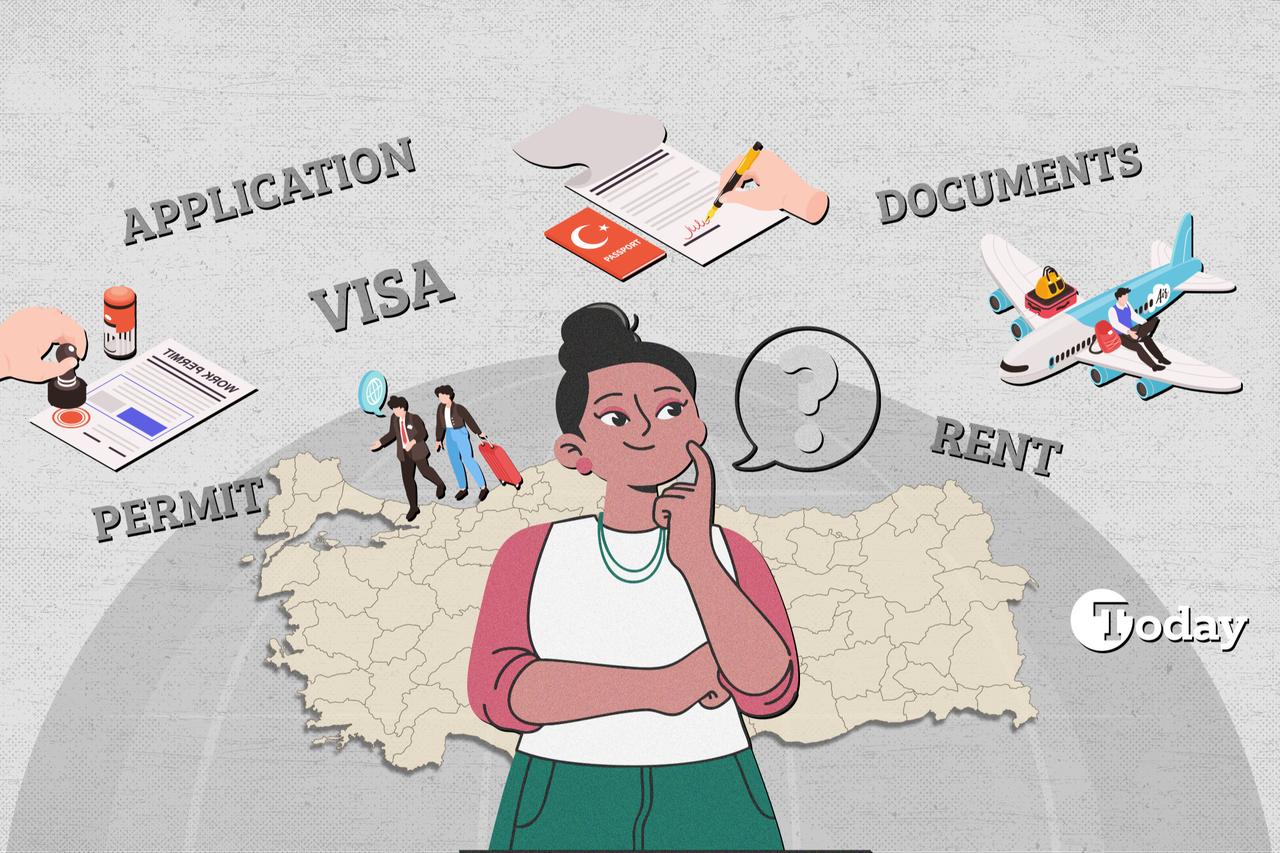
In recent months, a growing number of foreigners in Türkiye—especially first-time applicants—have been facing an alarming trend: rejections of their residence permit applications, often without clear justification. Even renewal applications, which were once straightforward, are now encountering unforeseen obstacles. But before you surrender to a bureaucratic "no," consider this: not every rejection is final, and many stem from simple administrative errors.
Let me walk you through a true story—a story of a foreign national who, after having her residence permit application rejected, managed to reverse the decision without ever stepping foot in a courtroom.
This individual had long admired Türkiye and made the life-changing decision to relocate here under the country’s new digital nomad visa program. With optimism, she secured a rental property, paid one year’s rent up front, purchased household items, covered moving expenses, and paid agency commissions. Her total relocation costs easily exceeded $10,000. Confident in her eligibility, she applied for a residence permit after arrival, only to receive a devastating notice of rejection under Article 32—a provision often cited without explanation.

Sound familiar? If you’re a foreigner living in Türkiye, it might. This scenario has played out for many, resulting not only in financial loss but emotional distress and legal confusion.
Believing the rejection to be a mistake, we took immediate action. Our client’s profile did not warrant a denial, so we assumed the worst: a clerical or administrative error. Instead of appealing directly to the courts, we arranged for an immigration attorney to accompany her to the Provincial Directorate of Migration Management. There, a senior official agreed to a face-to-face meeting. The discussion lasted approximately 30 minutes.
The outcome? The official acknowledged that the rejection was issued in error. We were advised—verbally—that the client should disregard the rejection notice, and that her residence card would be printed and sent to her address. Sure enough, one week later, the card arrived.

Yet, because the rejection was still technically listed in the system, the client could not register her residence in the national e-government (e-Devlet) portal. A second visit to the Directorate resolved this: her records were updated through an official amendment (known as zeyil) and her status was rectified.
The lesson? Persistence pays off. If you or someone you know receives a residence permit denial, do not immediately resort to legal action. Instead, consult a qualified immigration lawyer and pursue a verbal appeal with the relevant authorities. If verbal resolution fails, follow up with a written objection. Such objections are often successful when the application itself is legitimate and supported by strong documentation. However, appeals based on poorly prepared or speculative applications are less likely to be overturned.
Equally important, be cautious of unlicensed “migration consultancy” firms. Many operate without the required legal authorizations, exposing clients to further risk. If you work with an agency, insist on checking:
Do not blindly accept rejection letters. Too often, applicants assume the worst and rush to file lawsuits—delaying solutions for years. Yet many of these cases could have been resolved within weeks through direct and assertive communication with the authorities.
In Türkiye’s complex immigration landscape, your best tools are knowledge, persistence, and qualified legal representation. Bureaucratic mistakes happen—don’t let them derail your life.
About the author: Kagan Orhan is a human resource and immigration consultancy expert at Expat Solutions Turkey, dedicated to facilitating the adaptation processes of foreigners in Türkiye with the expertise and knowledge in managing legal procedures such as residence permit applications, work permits, business establishment, real estate and citizenship processes for foreigners settling in Türkiye with their team of lawyers and consultants.